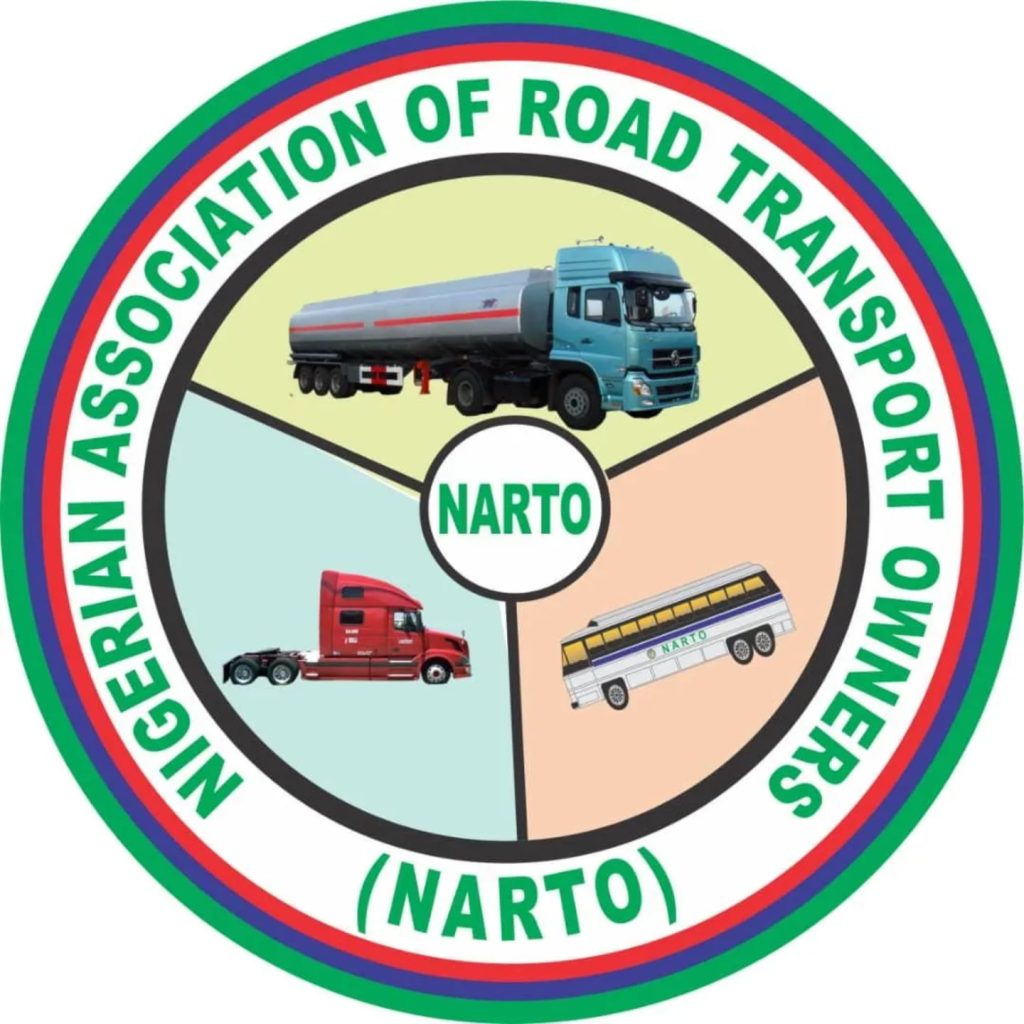The Nigerian Association of Road Transport Owners (NARTO) has expressed its support for the Nigeria Union of Petroleum and Natural Gas Workers (NUPENG) in its decision to shut down petrol distribution in Nigeria. This move comes after NUPENG instructed its members to stop work on Monday, September 9, due to a dispute with Dangote Refinery over alleged anti-labour practices.
At the center of the controversy is Dangote Refinery’s plan to introduce 4,000 compressed natural gas trucks, which NUPENG claims will lead to the displacement of existing drivers. NARTO has sided with NUPENG, stating that it strongly rejects the refinery’s initiative, which it believes is a deliberate attempt to eliminate thousands of independent transporters.
According to NARTO’s national president, Yusuf Lawal Othman, the association operates over 30,000 trucks across the country, employing thousands of drivers, assistants, and service providers. These operations support millions of dependents and are backed by financial commitments from local and international banks, marketers, and depot owners.
NARTO is calling on the federal government, relevant ministries, and the Dangote Group to establish a forum for meaningful dialogue among stakeholders. The aim of this platform would be to ensure fair competition, safeguard the welfare of millions of Nigerians who depend on the petroleum transport and distribution sector, and prevent any operator from being strangled.
The association emphasized that its collective action is not against investment or industrial growth but rather against monopolistic practices that threaten jobs, national security, and the broader Nigerian economy. By backing NUPENG’s decision to shut down petrol distribution, NARTO is seeking to protect the interests of its members and the Nigerian people.
The dispute between NUPENG and Dangote Refinery has significant implications for Nigeria’s oil and gas downstream sector. As the situation unfolds, it remains to be seen how the federal government and relevant stakeholders will respond to NARTO’s call for dialogue and address the concerns of independent transporters. The outcome of this dispute will likely have far-reaching consequences for Nigeria’s petroleum distribution network and the economy as a whole.
